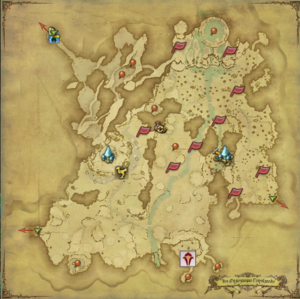Passive Player
Passive loose players who like to watch the flop with any hand will allow you to maximize the value with strong hands. If you usually raise 4x from middle position with a strong hand, then you can. Sometimes there is that passive/Uninterested player in D&D. They just do not feel invested at all. These players can run a wide range from shy to openly disruptive. I will tackle three types of uninterested players in order to help you enhance your Dungeons and D ragons game.
Texas hold’em is more than just a card game; it’s a social game and a game of psychological warfare. This article is going to teach you the basics of reading other players and combating their strengths while capitalizing on their weaknesses. Most of the players you encounter will be easily defined as passive or aggressive. The focus of this article is the passive player who can be further categorized as tight or loose.

Passive opponents typically only calls previously made bets; they don’t like to bluff, almost never call raises, and rarely make the opening bet when involved in a hand. They are seemingly playing on autopilot and are the more robotic than their aggressive counterparts.
Passive Poker Player
This is why the Loose-Passive is the easiest opponent to beat in hold’em. They play too many hands for their own good and often go too far with them. They want to play almost every hand and because of this are easy to read. They will usually only bet or raise once they have a strong hand. Any other time they will just call. When you encounter a player like this, watch their bets carefully. A change in established behavior can be a strong indication that they are holding a winning hand.

Loose Passive Player
Inversely, the Tight-Passive player is very selective about which hands to play and how far they want to go with them. This sub-category of opponent is also very easy to read because like the Loose-Passive they only bet or raise when they have a strong hand. Any other time they just call or fold a hand if their opponent raises. It should be a serious warning sign when someone of this type enters the hand voluntarily since they will typically have a strong hand.
Passive Player
A word of caution, any decent player can change their play style. Great players are able to do it quicker than others. They may intentionally change their play style in order to add a level of deception to their game, or to make reading them all but impossible. When trying to read players keep in mind they may be force feeding you bad intel as a way to suck you in later.